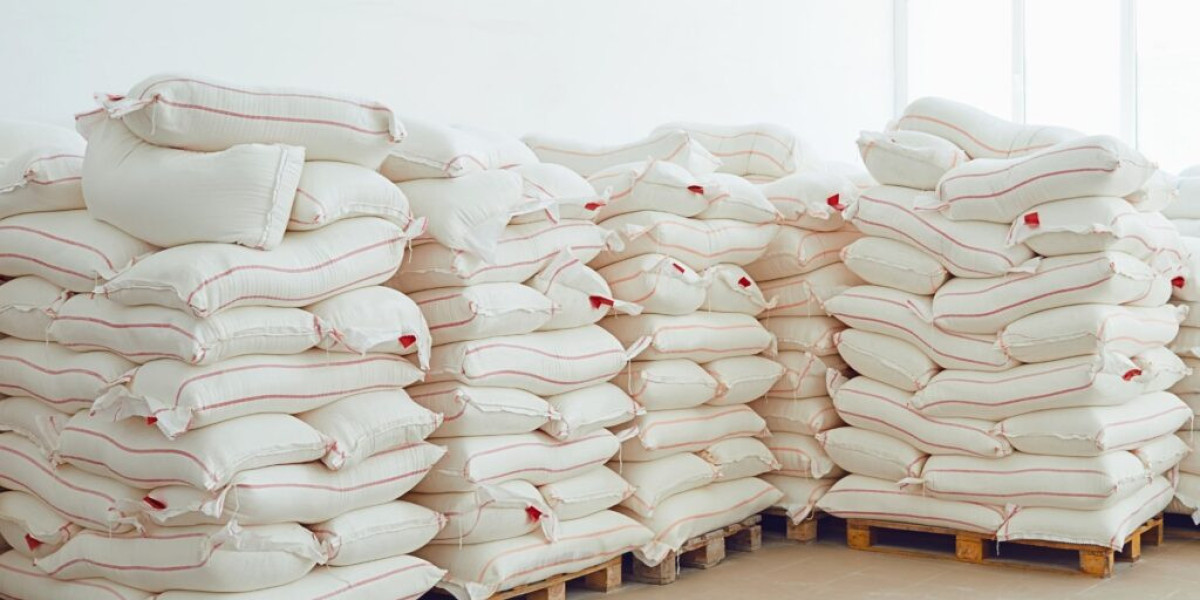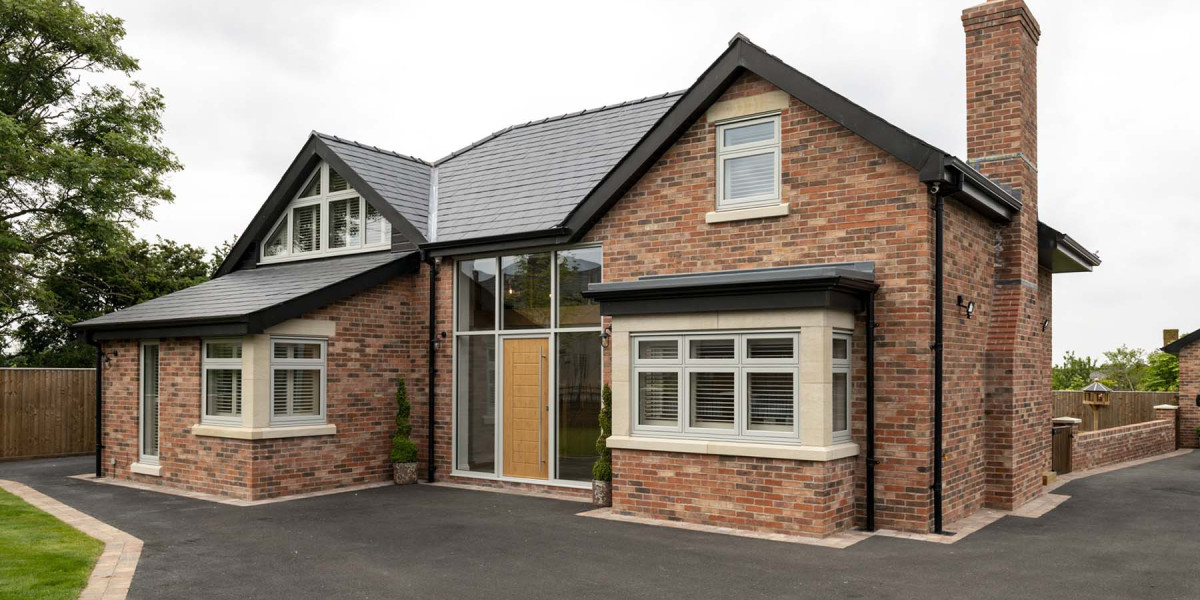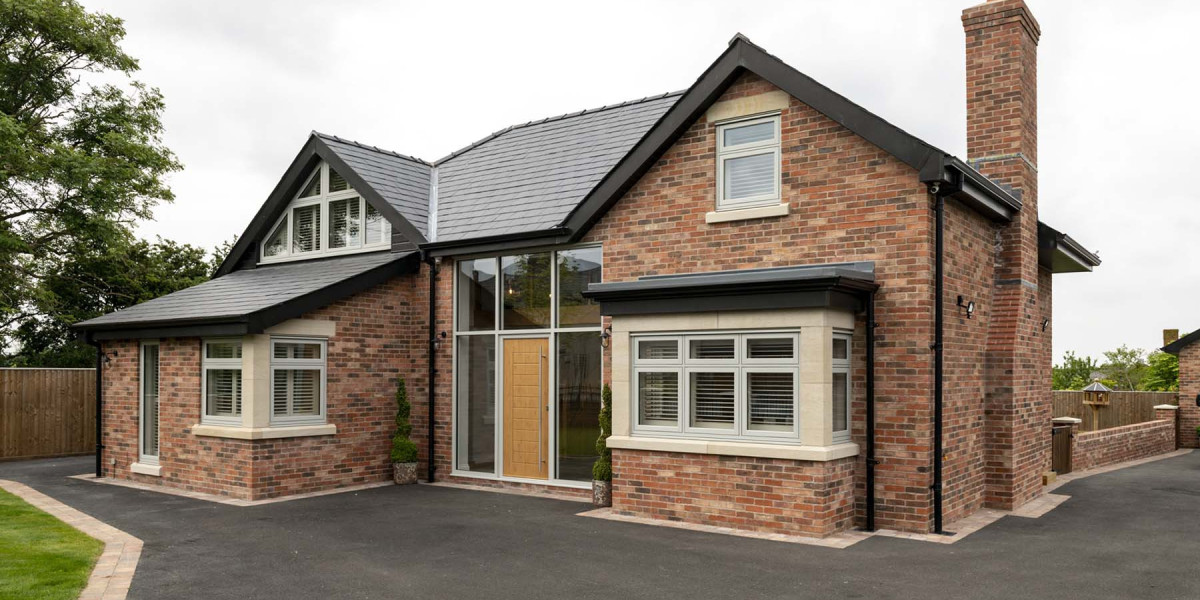When it comes to packaging, one thing is certain: strength and reliability matter. Businesses handling bulk goods - whether in agriculture, construction, retail, or logistics - need packaging solutions that won’t fail under pressure. That’s where polypropylene fabric comes in. Known for its durability and versatility, it’s the foundation behind pp woven bags, trusted worldwide for carrying everything from grains and fertilizers to cement and retail products.
This article explores why polypropylene fabric is the material of choice for woven bags, how it delivers long-lasting value, and why industries continue to rely on it for dependable packaging solutions.
What Exactly Is Polypropylene Fabric?
Polypropylene, often abbreviated as PP, is a type of thermoplastic polymer. When converted into fabric, it creates a material that is lightweight yet exceptionally strong. Unlike ordinary fabrics, polypropylene fabric is resistant to wear, moisture, and environmental stress.
Key properties include:
- Tensile Strength: Handles heavy loads without tearing.
- Moisture Resistance: Keeps contents safe from dampness or water exposure.
- Chemical Resistance: Withstands exposure to many substances without degrading.
- Recyclability: Can be reused or recycled, making it an eco-conscious choice.
These characteristics make it the perfect base for weaving into robust bags designed for demanding applications.
The Role of Polypropylene in PP Woven Bags
PP woven bags are made by weaving polypropylene fabric strips into a tight mesh, creating a structure that is both flexible and incredibly durable. The weaving technique distributes stress across the fabric, allowing the bags to carry heavy and bulky loads without splitting.
From carrying 50 kilograms of rice to holding sharp-edged materials like gravel or nails, the strength of polypropylene ensures that the bag maintains its form and reliability throughout its use.
Benefits of Polypropylene Fabric in Woven Bags
- Unmatched Durability : Polypropylene fabric resists tearing, stretching, and abrasion. This makes pp woven bags a preferred option for industries where packaging needs to withstand rough handling during transportation or storage.
- Protection Against Moisture : In industries like agriculture or food distribution, moisture protection is vital. Polypropylene fabric naturally resists water, and additional lamination can enhance this property further.
- Reusability and Cost Efficiency : Unlike single-use packaging, pp woven bags can be reused multiple times without losing strength. This durability translates to long-term savings for businesses.
- Eco-Friendly Edge : As sustainability becomes a priority across industries, polypropylene fabric stands out. It’s recyclable and helps reduce the overall waste footprint compared to single-use alternatives.
- Lightweight Yet Strong : Despite their strength, these bags are lightweight, making them easier to transport in bulk without adding extra weight to shipments.
Industries That Rely on PP Woven Bags
Agriculture
Farmers and distributors rely on woven bags for grains, seeds, and fertilizers. The ability to withstand moisture and weight makes them ideal for protecting harvests.
Construction
Cement, sand, and gravel require packaging that won’t tear under weight or rough handling. PP woven bags are a standard in the construction industry.
Retail and Wholesale
Bulk items, from flour to animal feed, are often packaged in woven polypropylene bags, ensuring safe delivery from manufacturer to customer.
Logistics and Export
During shipping, goods face harsh conditions. The resilience of polypropylene fabric ensures products arrive safely, whether transported locally or across borders.
Polypropylene vs. Other Packaging Materials
Many businesses consider alternatives like jute, paper, or plastic film. While each has its place, polypropylene fabric offers a balance of strength, cost-efficiency, and longevity that’s hard to beat.
- Jute bags are natural but prone to tearing and moisture absorption.
- Paper bags are suitable for light goods but unsuitable for heavy or sharp-edged materials.
- Plastic films offer water resistance but lack the durability and reusability of woven polypropylene.
In comparison, pp woven bags deliver consistent performance and greater value across a wide range of applications.
Choosing the Right PP Woven Bags
Not all woven bags are created equal. To maximize benefits, businesses should look for:
- Quality of Weaving: Tighter weaving ensures better load-bearing capacity.
- Fabric Thickness: Thicker polypropylene fabric provides greater durability.
- Finishing & Lamination: Enhances moisture resistance and printability for branding.
- Reliable Sourcing: Working with experienced manufacturers ensures consistent quality.
By prioritizing these factors, companies can secure packaging that aligns with both operational needs and long-term cost savings.
Long-Term Value of Polypropylene Fabric
At its core, polypropylene fabric offers a blend of strength, reliability, and sustainability. Investing in packaging made from this material means fewer replacements, reduced losses from damaged goods, and more efficient supply chains. Over time, the cost savings and environmental benefits make pp woven bags an unbeatable choice.
Packaging is more than just a container - it’s a promise of protection and reliability. Polypropylene fabric delivers on that promise by powering pp woven bags with strength, moisture resistance, and reusability. From farms to construction sites and export hubs, these bags prove their worth every day.
For businesses seeking dependable, long-lasting packaging, Mewar Polytex provides high-quality solutions built on decades of expertise in polypropylene-based woven products.








